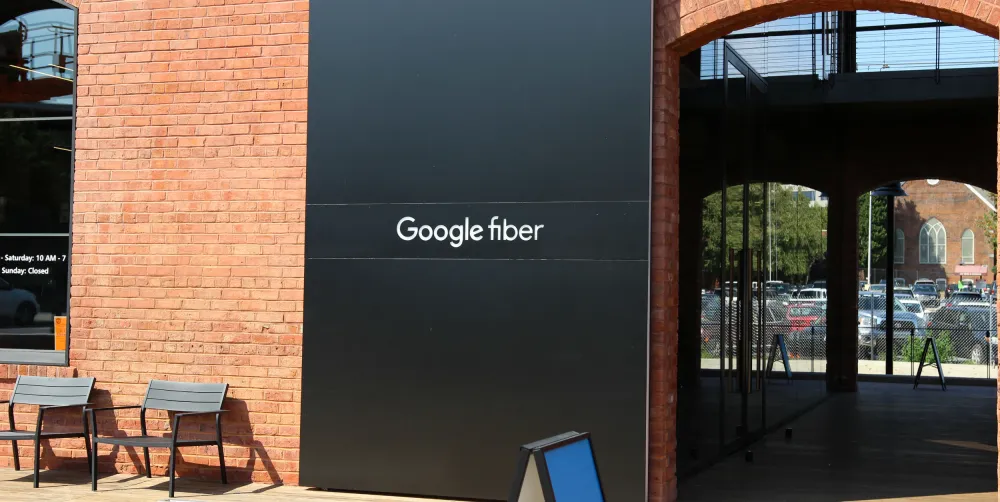
Alphabet Reassigns Two Veteran Access Executives as Slim Down of Division Continues
Following the delay in arrangement to new urban areas and other more modest disasters lately, Letters in order has reassigned two Access chiefs (by means of Bloomberg). These faculty moves of these leaders are particularly remarkable given their height and involvement with telecom.
Affirmed by Letters in order, the Entrance division answerable for Google's ISP aspirations is losing VP Milo Medin and Fiber president Dennis Kish. Current Access head Gregory McCray, a long-lasting broadband executive employed in February, educated staff regarding the progressions on Thursday.

As indicated by Bloomberg, Medin was the "boss supporter" for Google's entrance into rapid fiber administration. His expulsion from Access is striking given the way that he managed the organization's frequently reputed trial endeavors to utilize remote range to convey web availability.
In the mean time, Kish is a veteran of the remote foundation industry working at Qualcomm prior to joining Fiber in 2014. Both are being moved to different pieces of Letter set and follows the overall reassignment of 600 representatives from Admittance to different pieces of the parent organization and Google.
Organization to future urban areas has been stopped since October, while rollout in current urban areas is going surprisingly sluggish. Google Fiber is taking a more careful course and just encouraging help in regions that can be associated in the approaching quarters.

The Philippine Federation government needed to determine serious issues during the 10-year change period, among them public protection, civil rights, financial turn of events, public reconciliation, and social personality.
During the more than thirty years of American frontier rule, the Philippines had become reliant upon the US monetarily, and had no military of its own. These and major agrarian and work issues must be settled. A Philippine Armed force was framed, and government endeavors in business were sent off.

The Philippine Federation was an untried trial, and the Tydings-McDuffie Regulation designated a delegate of the US president as a High Magistrate. Gone was the Lead representative General of prior years.
The High Chief would write about the advancement of the Philippine investigation, and the US government had oversight capabilities over regulative, leader, and legal activities of the Province.
Moreover, the US government clutched international concerns and money matters. In the event that the trial fizzled, the progress could be rejected and squaring one would be back. Neither Quezon nor Roosevelt needed this, so regardless of much power conceded him, Quezon kept down where he could.


